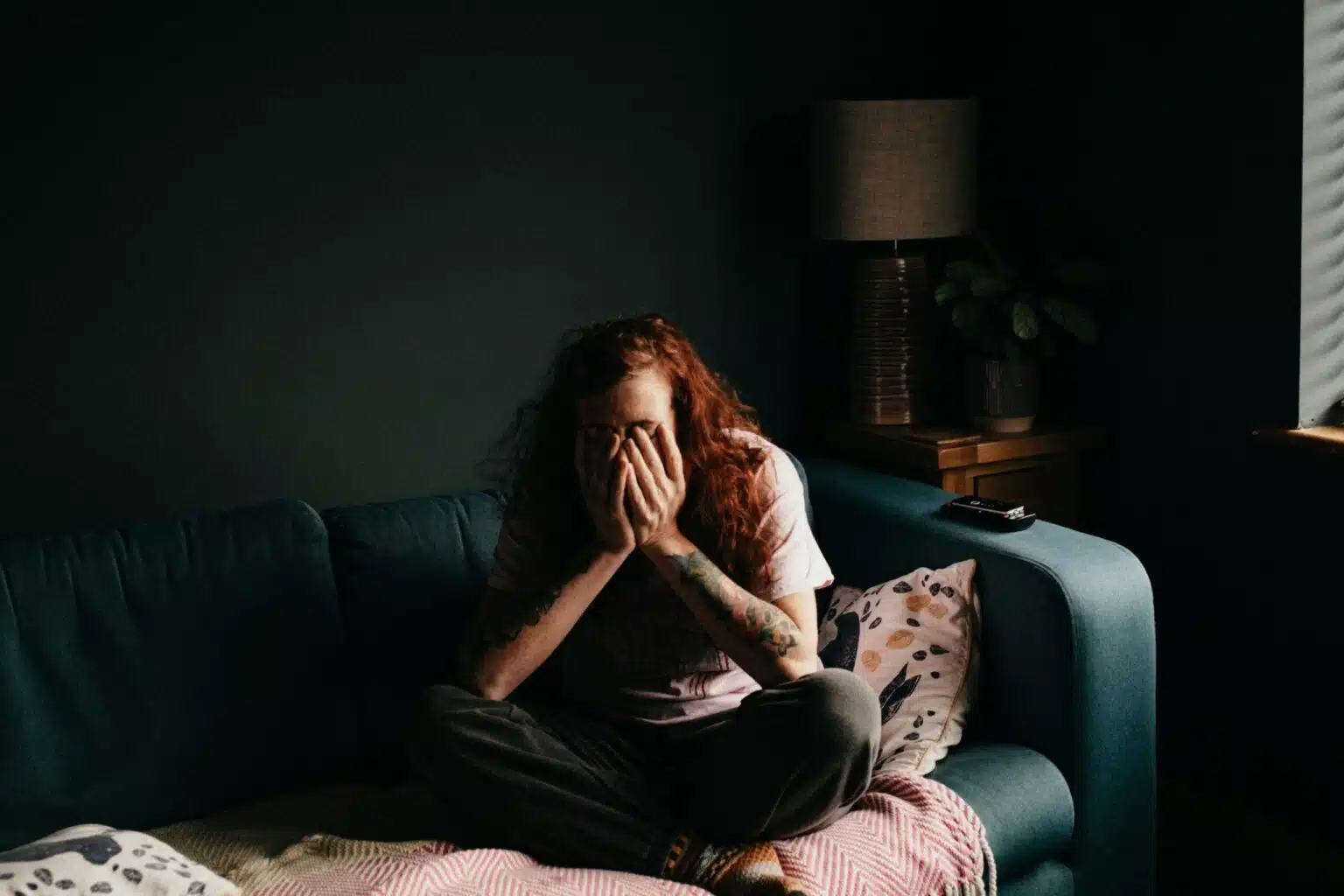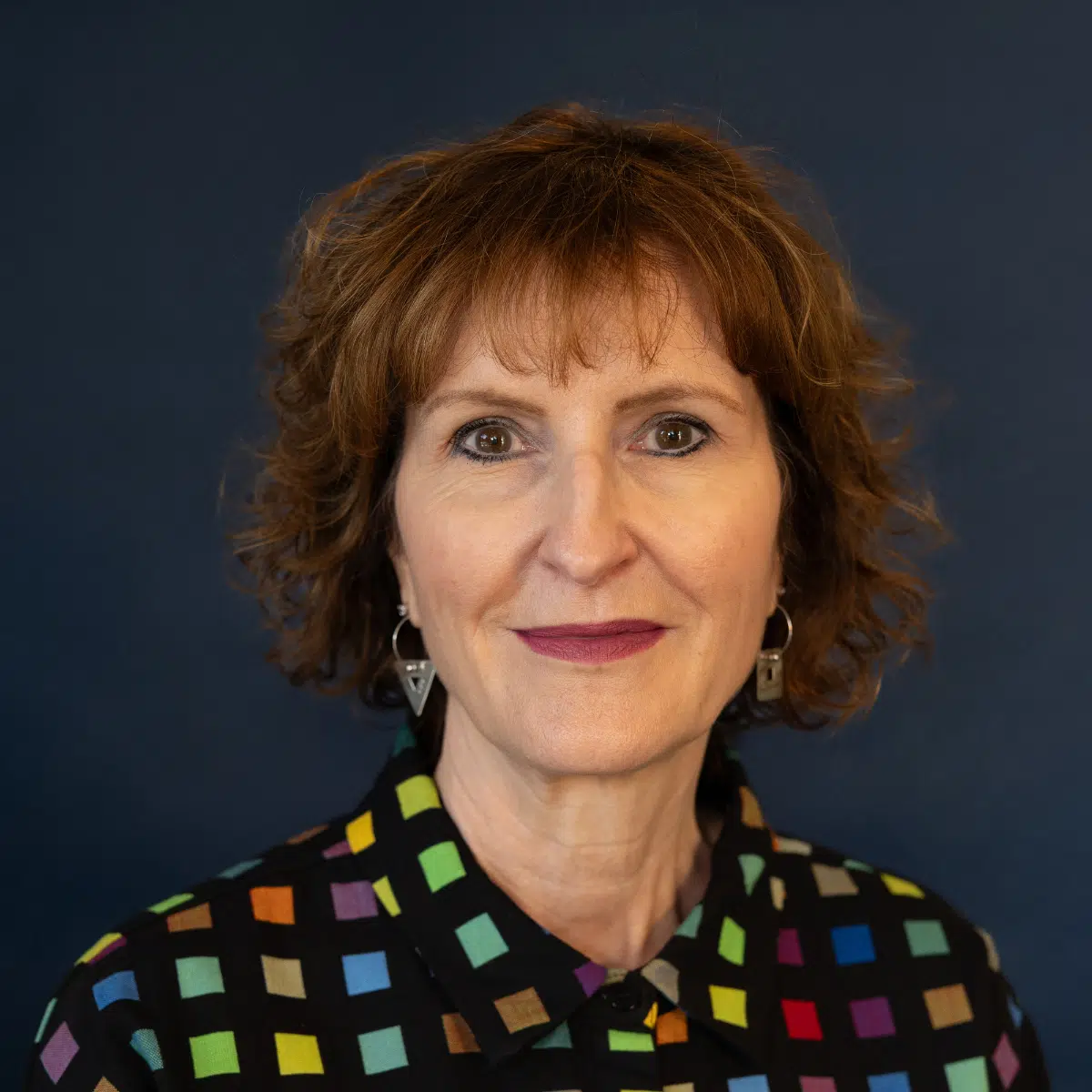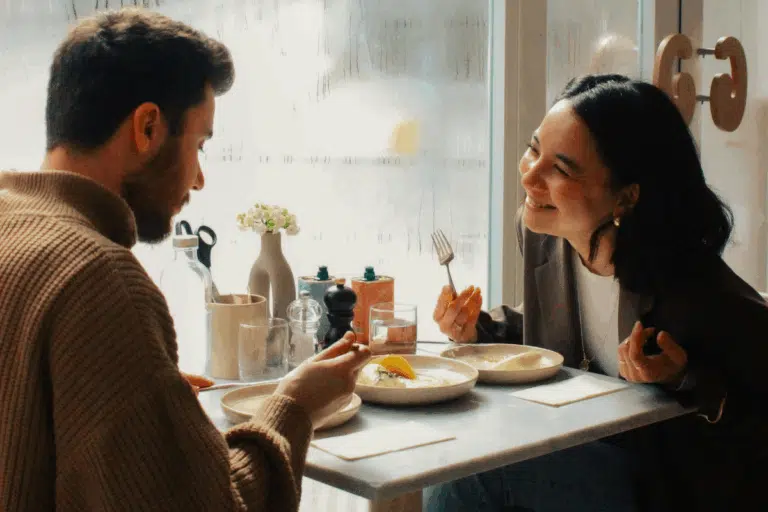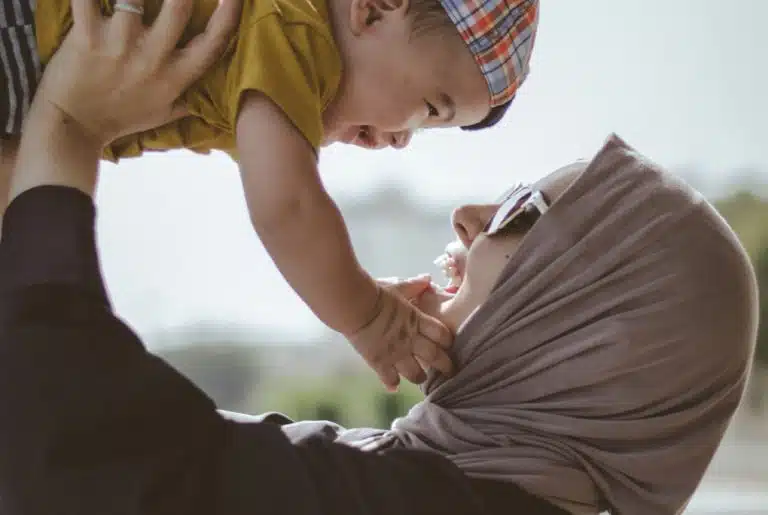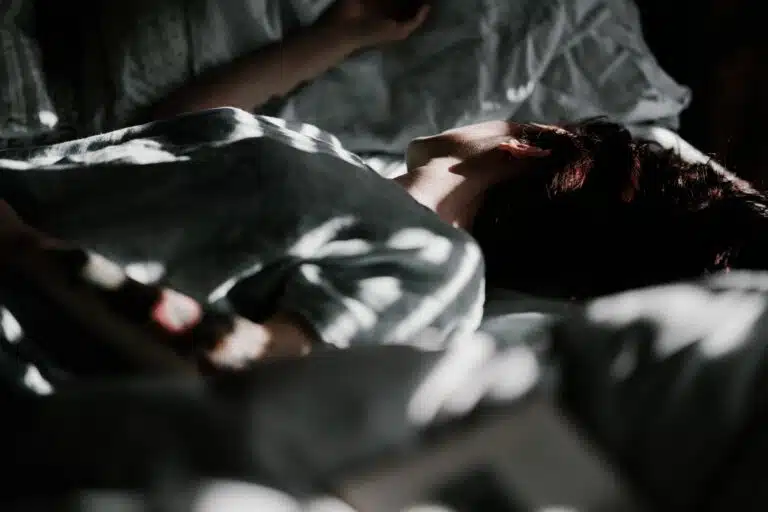Απομόνωση, μοναξιά και η κακή κοινωνική σύνδεση είναι κρίσιμοι παράγοντες ψυχικής ασθένειας, ωστόσο η αντίδρασή μας λείψανα κατακερματισμένο. Σε ένα τεντωμένο, ιατρικοποιημένο σύστημα, οι άνθρωποι αξιολογούνται με βάση τα συμπτώματά τους και τη σοβαρότητά τους, όχι ως ολοκληρωμένα άτομα σε ένα κοινωνικό πλαίσιο.
Φροντιστές που κάθονται έξω από την πόρτα του γραφείου ή περιμένουν στο σπίτι – οικογένειες, σύντροφοι, γείτονες, αμειβόμενοι και μη αμειβόμενοι – συχνά παραβλέπονται, παρά το γεγονός ότι είναι κρίσιμες τόσο για το πρόβλημα όσο και για τη λύση.
Για όσους είναι νέοι στις προκλήσεις της ψυχικής υγείας, το σύστημα είναι περίπλοκο, απομονωμένο και, ειρωνικά, απομονωτικό. Πολλοί φεύγουν από το πρώτο τους ραντεβού καταβεβλημένοι, κρατώντας μια λίστα με παραπομπές για να τις διαχειριστούν μόνοι τους. Πώς μπορούμε να περιμένουμε από άτομα που βρίσκονται σε δυσφορία να βρουν τον δρόμο τους μέσα από μια δομή που αντιμετωπίζει τα συμπτώματα εν μέρει, ενώ αγνοεί το σύνολο;
Η σύνδεση είναι απαραίτητη
Για το μεγαλύτερο μέρος της ανθρώπινης ιστορίας, η επιβίωση εξαρτιόταν από το χωριό γύρω μας. Καθώς η κοινωνία γινόταν πιο ατομικιστική, έχουμε έχουμε ξεχάσει πόσο ζωτικές είναι οι διασυνδέσεις μας – όχι μόνο για την προσωπική ευημερία, αλλά και για την υγεία και την ανθεκτικότητα της κοινότητας.
Οι φροντιστές είναι η κόλλα που διατηρεί ένα τεντωμένο σύστημα σε λειτουργία. Πολύ συχνά αυτοί είναι θεωρούνται δεδομένες ή ακόμη και κατηγορούνται, παρά το γεγονός ότι αποτελούν ανεκτίμητες πηγές υποστήριξης και γνώσης. Η δική τους υγεία είναι συχνά παραμελημένοι – γίνονται αντιληπτοί μόνο όταν οι ίδιοι γίνονται ασθενείς.
Ως Κλινικός Ψυχολόγος και Διευθύνων Σύμβουλος της Relationships Australia NSW, βλέπω και τις δύο πλευρές του θεραπευτικού φάσματος. Πάνω από 25 χρόνια εμπειρίας, Εγώ έχω είδαν πώς η έγκαιρη παρέμβαση – η παροχή στους ανθρώπους των δεξιοτήτων και των πόρων για την οικοδόμηση ασφαλών, υγιών σχέσεων – μπορεί να αλλάξει ζωές.
Όπου οι συγκρούσεις οξύνονται, οι σχέσεις διαταράσσονται και τα προβλήματα επαναλαμβάνονται κλίση διακοπεί, η ψυχική υγεία υποφέρει. Η κοινωνική απομόνωση επηρεάζει όχι μόνο τα άτομα, αλλά και ολόκληρες οικογενειακές ομάδες, καθώς οι φίλοι χάνονται κατά τη διάρκεια παρατεταμένων αγώνων.
Το να δίνουμε στους ανθρώπους τη δυνατότητα να εκφράζουν τις ανησυχίες τους, να αναπτύσσουν στρατηγικές για παλιά προβλήματα και να επικοινωνούν πιο εποικοδομητικά μπορεί να αλλάξει την πορεία μιας ζωής πολύ πριν επικρατήσουν το άγχος ή η κατάθλιψη.
«Το να εξοπλίζουμε τους ανθρώπους με τα απαραίτητα εφόδια για να εκφράζουν τις ανησυχίες τους, να αναπτύσσουν στρατηγικές για παλιά προβλήματα και να επικοινωνούν πιο εποικοδομητικά μπορεί να αλλάξει την πορεία μιας ζωής, πολύ πριν επικρατήσουν το άγχος ή η κατάθλιψη».
Ελίζαμπεθ Σο, Διευθύνουσα Σύμβουλος, Relationships Australia NSW
Το βλέπουμε αυτό κάθε μέρα. Στα δωμάτια συμβουλευτικής μας, οι επιπτώσεις της αποσύνδεσης είναι εμφανείς: ζευγάρια σε κρίση, έφηβοι που αποσύρονται στα δωμάτιά τους, ηλικιωμένοι Αυστραλοί που βιώνουν κακοποίηση από μέλος της οικογένειάς τους, φροντιστές που απομονώνονται.
Γνωρίζουμε ότι η σύνδεση είναι προστασία, αλλά οι ισχυρές σχέσεις δεν δημιουργούνται τυχαία. Χτίζονται μέσω δεξιοτήτων, υποστήριξης και συνεχούς προσπάθειας.
Μια Κρίση Σύνδεσης
Η έρευνα υποστηρίζει ολοένα και περισσότερο αυτό που οι επαγγελματίες υγείας γνωρίζουν εδώ και καιρό. Ο Παγκόσμιος Οργανισμός Υγείας ορίζει την υγεία ως «πλήρη σωματική, ψυχική και κοινωνική ευεξία». Ωστόσο, το «κοινωνικό» παραμένει μια δεύτερη σκέψη. Σωματικός πόνος; Δείτε έναν γενικό ιατρό. Άγχος; Ζητήστε παραπομπή από ψυχολόγο.
Αλλά οι άνθρωποι είναι προορισμένοι για σύνδεση. Η κοινωνική ευημερία είναι ένας πυλώνας της υγείας, εξίσου απαραίτητη με τη σωματική και ψυχική φροντίδα. Οι σχέσεις μετριάζουν το άγχος, ρυθμίζουν το νευρικό μας σύστημα και μας στηρίζουν στις πιο δύσκολες περιόδους της ζωής.
Η μοναξιά αναγνωρίζεται πλέον ως παγκόσμιο πρόβλημα υγείας. Ένας στους έξι Οι άνθρωποι παγκοσμίως νιώθουν μοναξιά, συμβάλλοντας σε περίπου 870.000 θανάτους ετησίως. Οι επιπτώσεις της είναι ορατές παντού - στο ταξίδι με το λεωφορείο για τη δουλειά όπου κανείς δεν κοιτάζεται στα μάτια, σε σπίτια όπου τα ζευγάρια νιώθουν απαρατήρητα και σε φιλίες που έχουν αντικατασταθεί από ψηφιακές ροές δεδομένων.
Η χρόνια μοναξιά διαταράσσει το ανοσοποιητικό και το πεπτικό σύστημα, εντείνει τις αντιδράσεις σε απειλές και οδηγεί σε μακροπρόθεσμες επιπτώσεις στην υγεία. Ωστόσο, στη δική μας... επισκόπηση, 48% ατόμων που βιώνουν δυσφορία στη σχέση ανέφεραν ότι την αντιμετώπισαν μόνοι τους.
Γιατί, λοιπόν, αντιμετωπίζουμε την κοινωνική σύνδεση ως περιφερειακή και όχι κεντρικής σημασίας για την ψυχική υγεία; Γιατί η υποστήριξη σχέσεων δεν είναι τόσο προσβάσιμη και κανονικοποιημένη όσο η επίσκεψη σε έναν γενικό ιατρό;
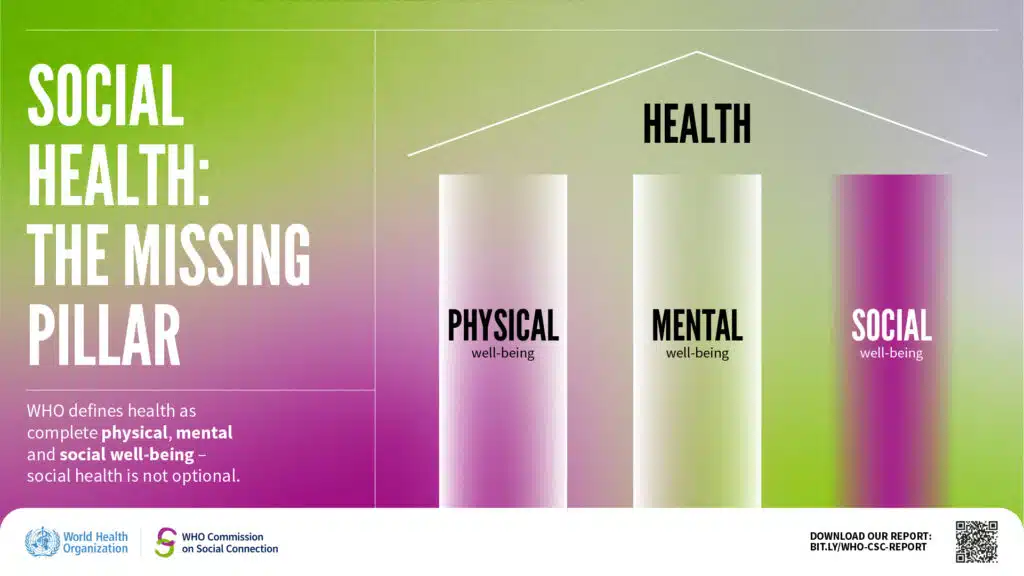
Τα Ολοκληρωτικά Μοντέλα είναι ο Δρόμος για το Μέλλον
Παρά τις επίμονες ελλείψεις στο σύστημα ψυχικής υγείας, υπάρχουν σημάδια αλλαγής. Πολλά από τα νέα Κέντρα Ψυχικής Υγείας της Ομοσπονδιακής Κυβέρνησης δοκιμάζουν ολοκληρωμένα μοντέλα, τοποθετώντας υπηρεσίες σχέσεων και επαγγελματίες βιωματικών εμπειριών δίπλα σε ψυχολόγους.
Την επόμενη εβδομάδα, ένα νέο Κέντρο Ψυχικής Υγείας του Medicare ανοίγει στο Campbelltown της Νέας Νότιας Ουαλίας, ενσωματώνοντας την υποστήριξη σχέσεων στην κλινική φροντίδα με έναν νέο τρόπο. Καθώς ανοίγουν περισσότεροι κόμβοι σε όλη τη Νέα Νότια Ουαλία, βλέπουμε πραγματικές δυνατότητες για συνεργατικές, παράλληλες υπηρεσίες που συνεργάζονται άψογα για να καλύψουν τις ανάγκες ολόκληρου του ατόμου και του κοινωνικού του κόσμου.
Είναι μια πολλά υποσχόμενη αλλαγή – αλλά είναι μόνο η αρχή. Αν θέλουμε διαρκή αλλαγή, η υποστήριξη των σχέσεων πρέπει να βρίσκεται στην καρδιά του συστήματος ψυχικής υγείας, όχι στα περιθώριά του.
Αφού άκουσα για δεκαετίες ανθρώπους που βρίσκονται στην πιο ευάλωτη κατάστασή τους, ένα μάθημα ξεχωρίζει: οι άνθρωποι δεν χρειάζονται τέλειες ζωές για να ευημερήσουν. Χρειάζονται ισχυρά, υποστηρικτικά δίκτυα και συστήματα που αναγνωρίζουν τη σημασία τους.
Άρρηκτα συνδεδεμένα – όταν επενδύουμε σε σχέσεις, επενδύουμε στην ψυχική υγεία.


